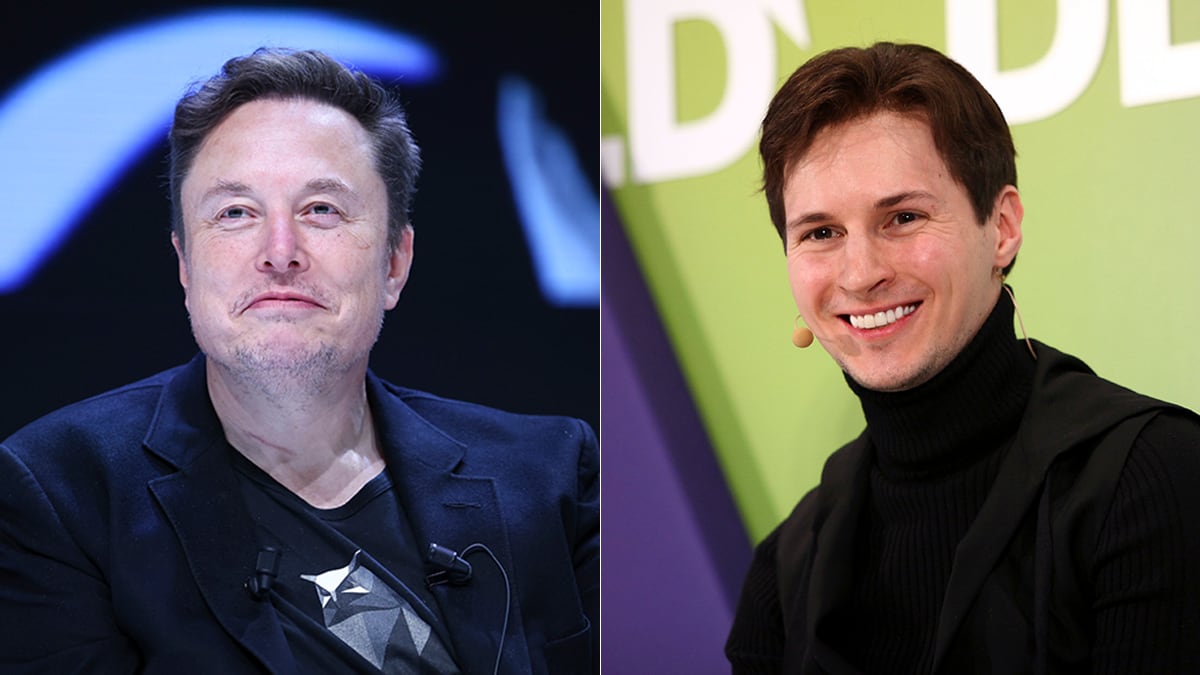The arrest of Telegram’s CEO in France and the closure of X in Brazil are two of the latest signs that times are changing, with networks beginning to be held more accountable
Russian-born tycoon Pavel Durov, founder and CEO of Telegram, was arrested on August 24 outside Paris as soon as he got off his private jet. He is accused of complicity in the dissemination of child pornography on Telegram, which is widely used for criminal activities. Just a week later, a judge ordered the closure of X in Brazil due to the social network’s “repeated failure to comply with court orders.” Its owner, Elon Musk, refuses to block profiles that contribute to the “massive dissemination of Nazi, racist, fascist, hateful and anti-democratic speech.”
These two actions are symptomatic of how times are changing. During the first decade of this century, the world was seduced by social media, so much so that today more than half of the global population — around 4.5 billion people — use these platforms every day. During the second decade, social media companies grew into omnipresent, corporate giants. The world also got a glimpse of the dark side of social media, with the Cambridge Analytica scandal the first big wake-up call. And in the third decade, action is being taken to curb social media.



How much of that cracking down on social media is really cracking down on the public being connected and talking?